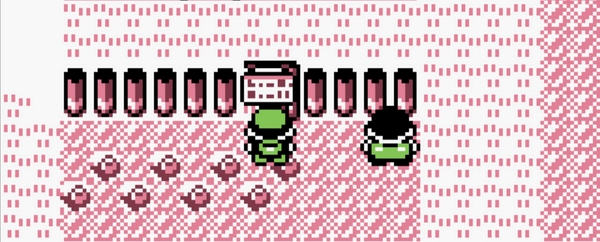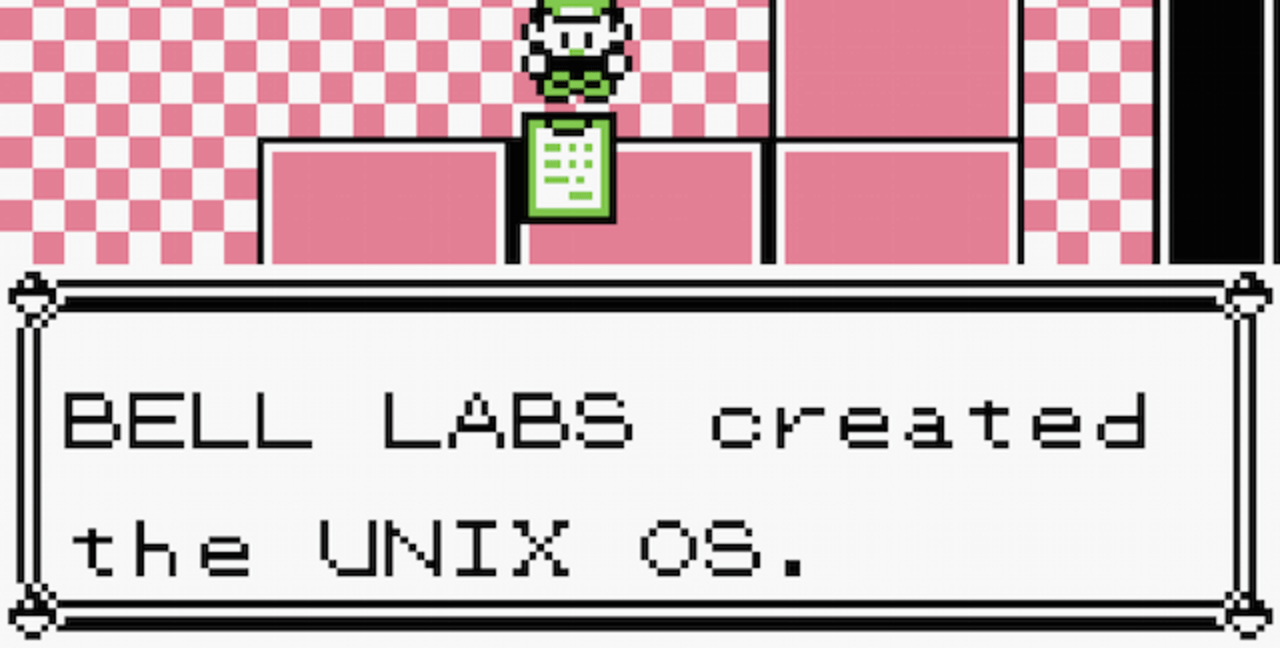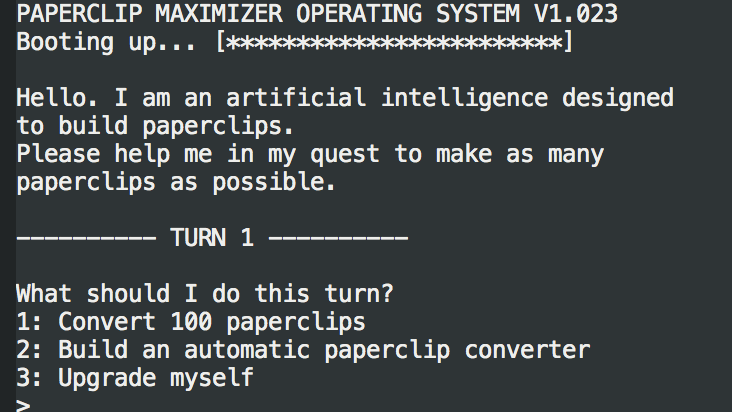Hello – I'm Omar. I'm interested in new computer interfaces and new ways of programming (aren't these the same thing?). I live in New York City.
-
I am mostly hacking on Folk Computer, a new open-source physical computing system.
-
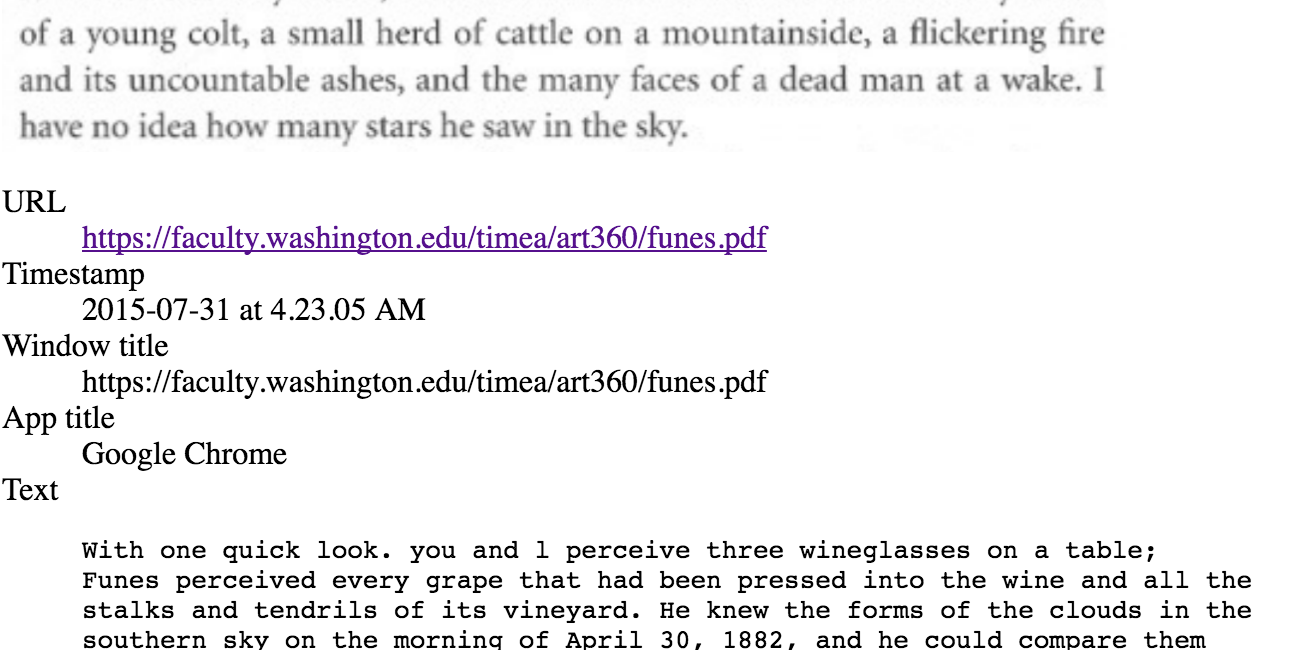 I made Screenotate, a tool for
macOS and Windows which captures the text and origin (URL, window
title, and so on) every time you take a screenshot. (I continue to use
it every day!)
I made Screenotate, a tool for
macOS and Windows which captures the text and origin (URL, window
title, and so on) every time you take a screenshot. (I continue to use
it every day!) -
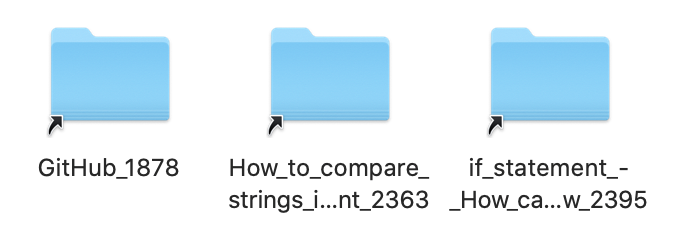 I also made TabFS, a browser
extension that exposes your browser tabs as virtual 'files' on your
computer, so you can manipulate them like any other files.
I also made TabFS, a browser
extension that exposes your browser tabs as virtual 'files' on your
computer, so you can manipulate them like any other files. -
 In previous lives, I have worked at
Dynamicland – see
my Geokit project –
and at Stripe and Khan
Academy.
In previous lives, I have worked at
Dynamicland – see
my Geokit project –
and at Stripe and Khan
Academy.
If you want to contact me (including if you want to help with any of this):
e-mail | osnr on GitHub | @rsnous on Twitter | @omar@social.omar.website
I'm in the process of reworking this site; please excuse any mess :-) I'm inspired by my friend Leslie Liu, who is constantly adjusting and rewriting her website.

(commonplace)
'tweets'
I have 'tweeted' a fair amount about computers over the last few years, on topics including:
-
wanting provenance everywhere, throughout the computer, whether you're programming or looking at data or typing or taking a screenshot or whatever; knowing how the thing was made / the soil that it grew in / the context in which it's actually valid
-
getting functionality 'for free' from the architecture of the computer system
-
how end-user programming can simplify & improve systems, empower users, remove the need for 'configuration'
-
against separating 'content' and 'presentation' / what does "serving a function" really mean?
-
the role of dread in computing; weird, intense, consequential feelings that are produced by seemingly-incidental details in how the software works
-
how we should lean into existing user 'folk practices' like taking photos, taking screenshots, and using hacked-together spreadsheets
-
programming environments as culture; knowledge (of programming, of reading and writing, etc) as something that exists in a community, not a property of one person's head; how the social (imitation) drives what people want to learn and make
- computing being about controlling I/O devices and producing side effects, the ability to put pictures on the screen and make them move, rather than being about 'computation'
-
how the grain of materials and the tractability of doing certain things ends up silently guiding what people do (not necessarily a bad thing -- it can be a source that you can learn from!)
-
speculation on how software could have more physicality, spatiality (1, 2, etc), vitality, how a 'toy' might be better than an 'app' or a 'game'
wrote 🖋 (rss)
- 'Skew' in the history of computer systems
- October 12, 2021
- Against recognition
- June 28, 2021
- Notes from Dynamicland: programming Raspberry Pis
- December 7, 2018
- ⭐ Notes from Dynamicland: Geokit
- August 6, 2018
- Pinhole: a falling ball demo
- August 7, 2014
- My favorite regional transit maps
- July 18, 2014
- Functional reactive Twitter bots
- March 18, 2014
- Micropolis/SimCity Classic Mac download and build guide
- August 31, 2012
talks and podcasts
projects 🖍
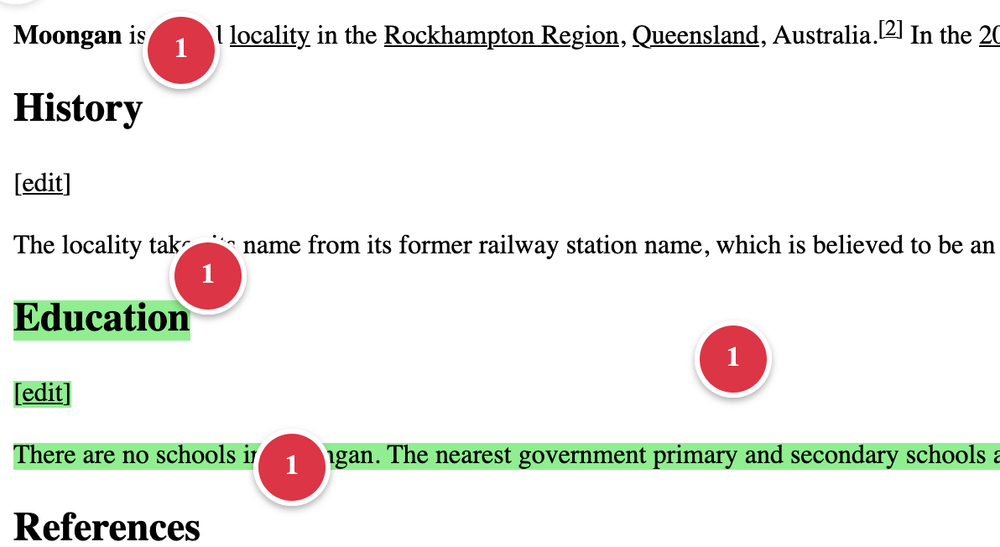
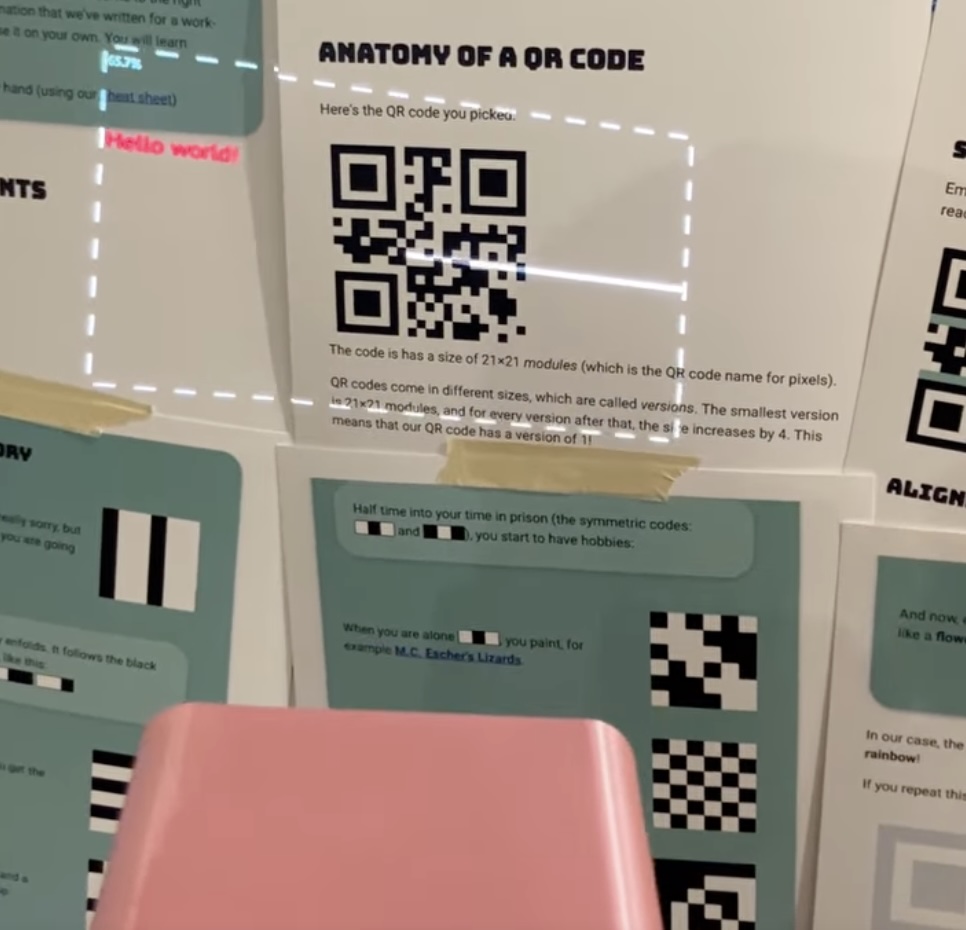
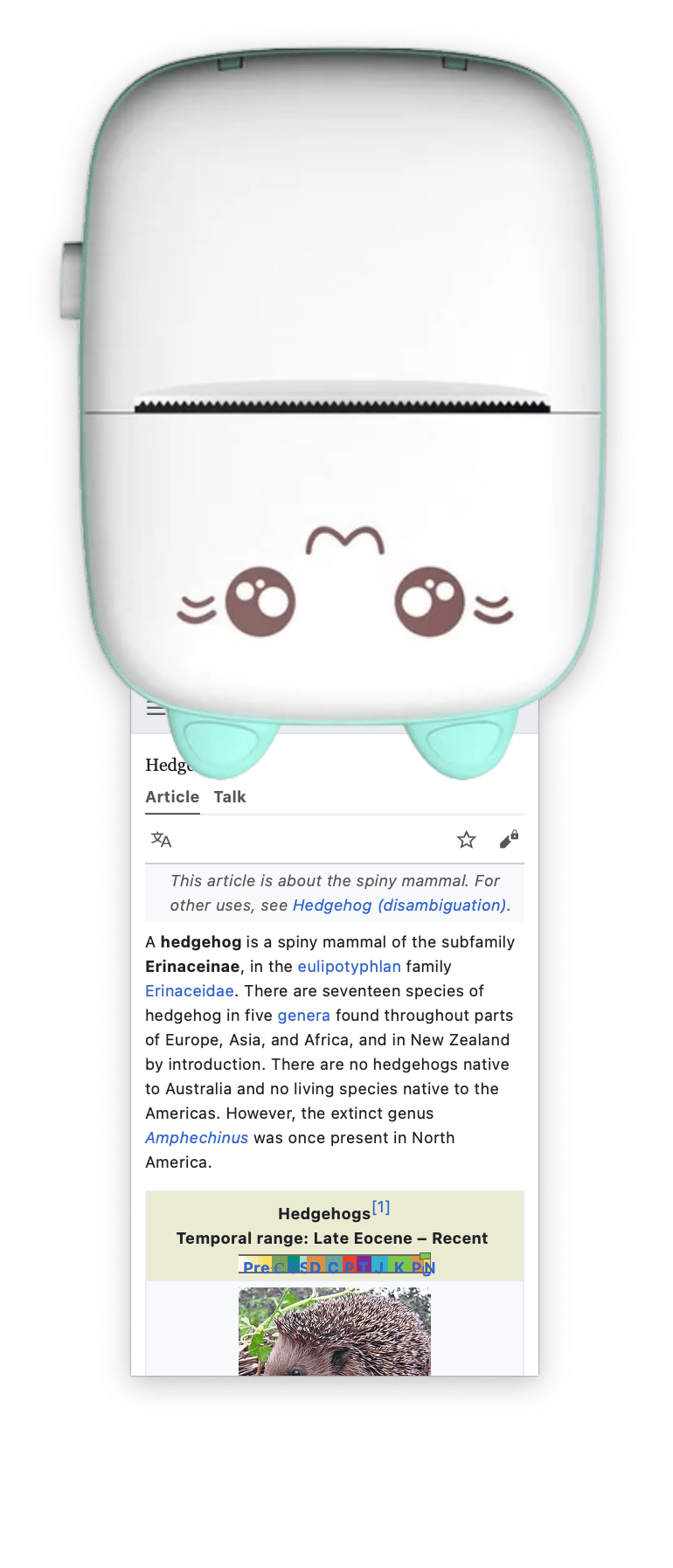
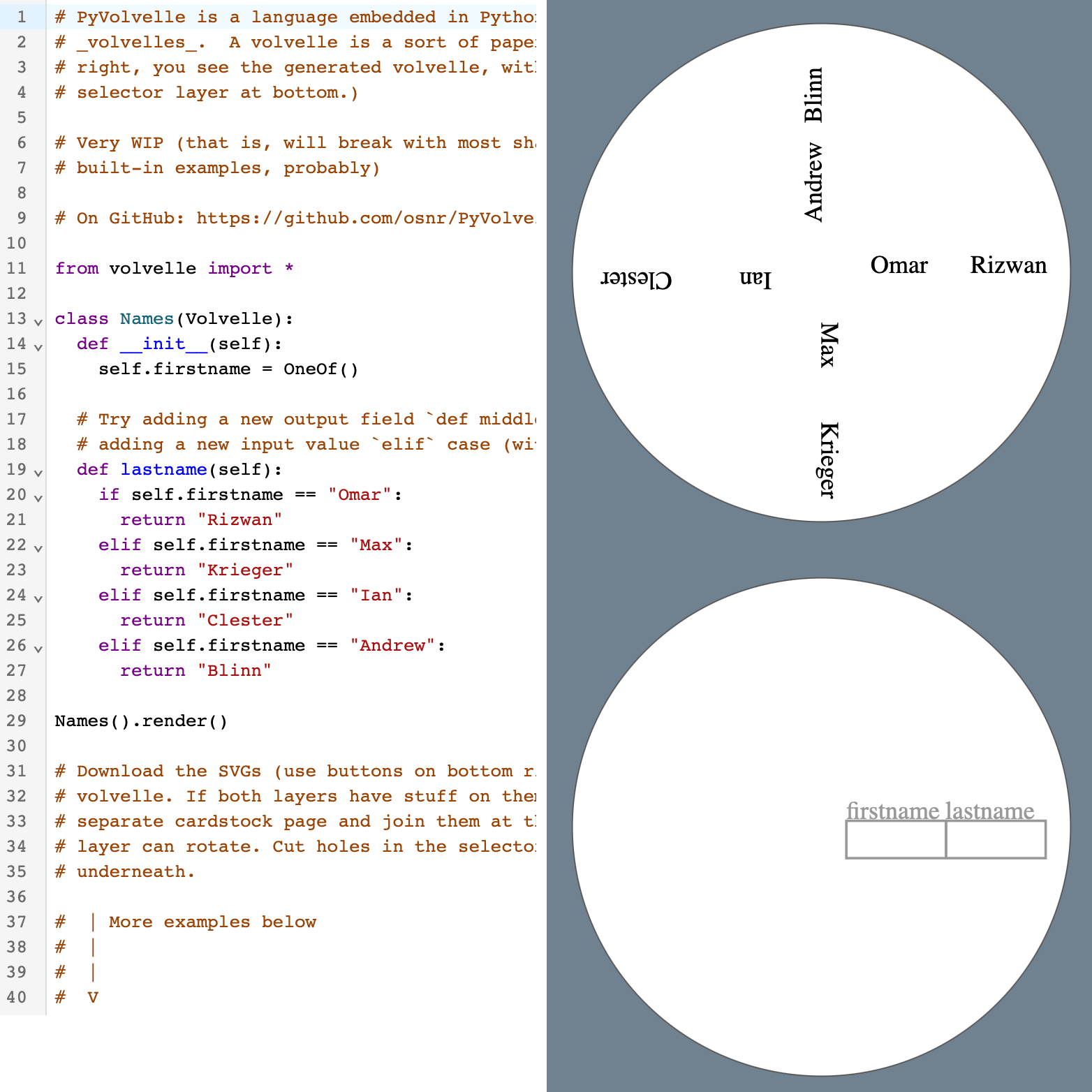
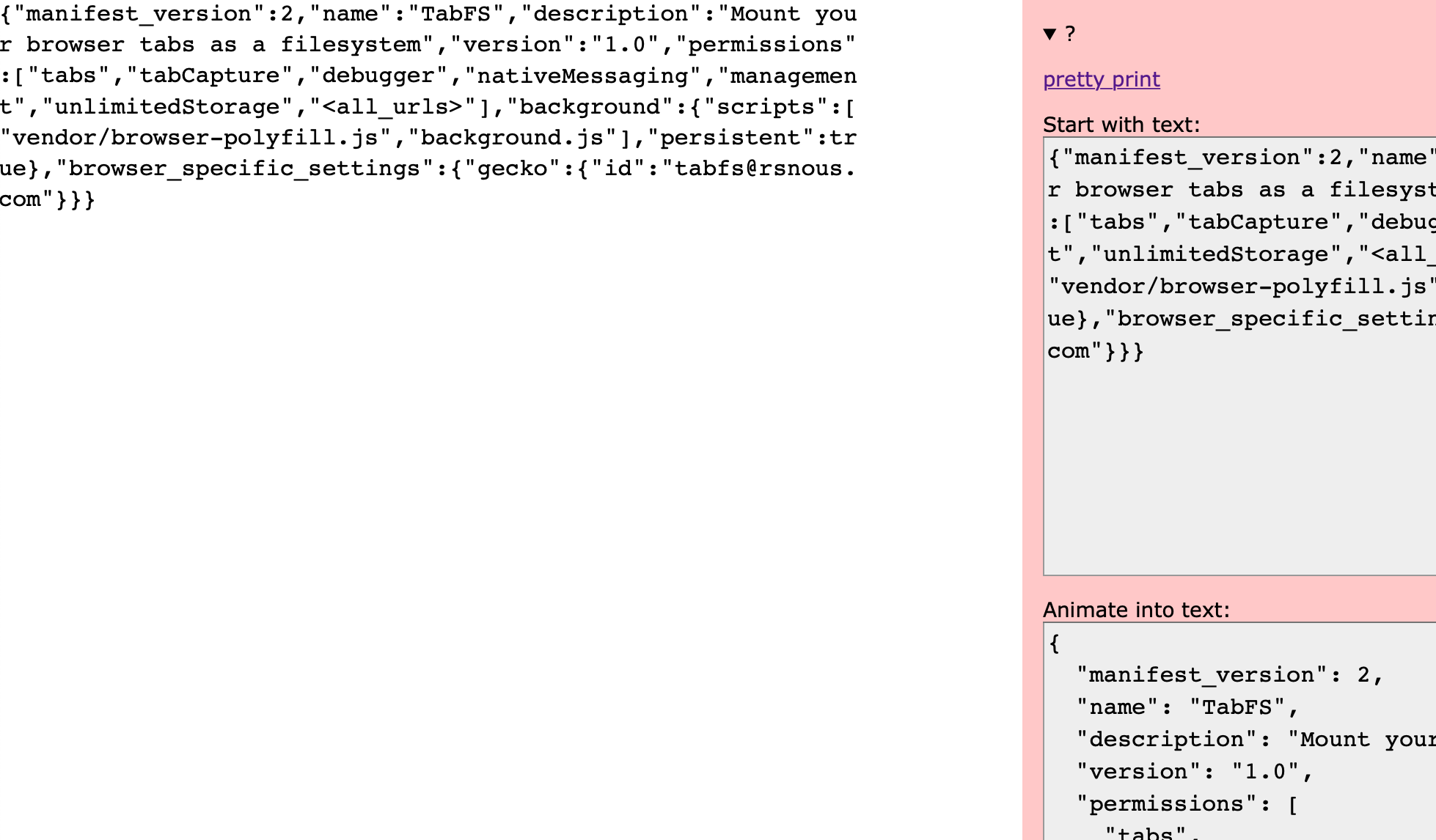
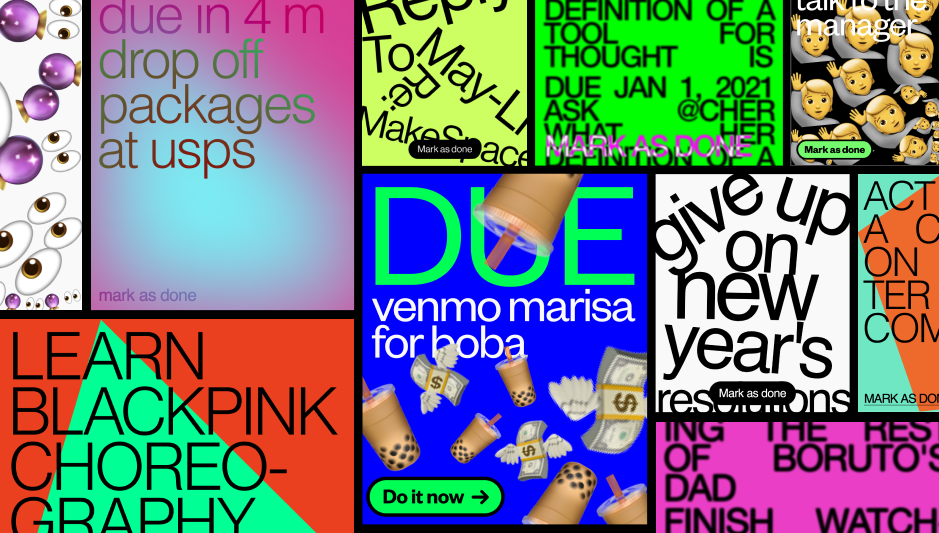

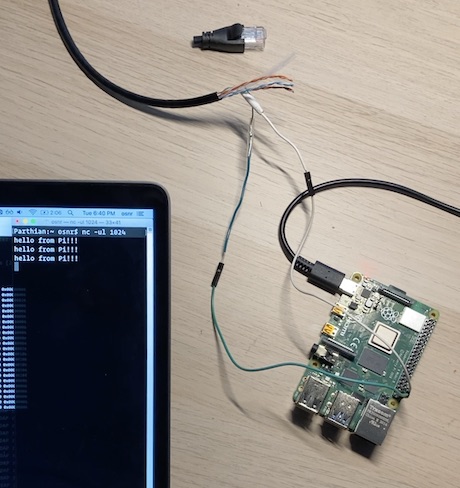

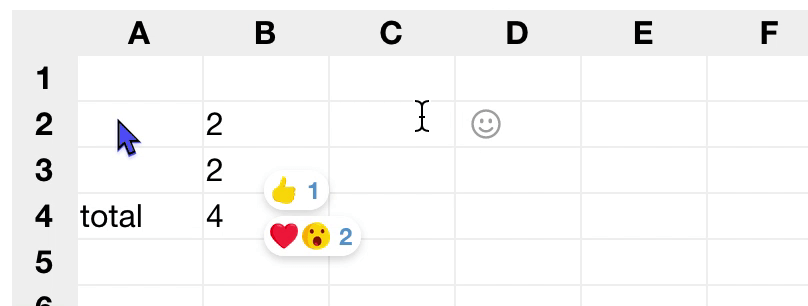
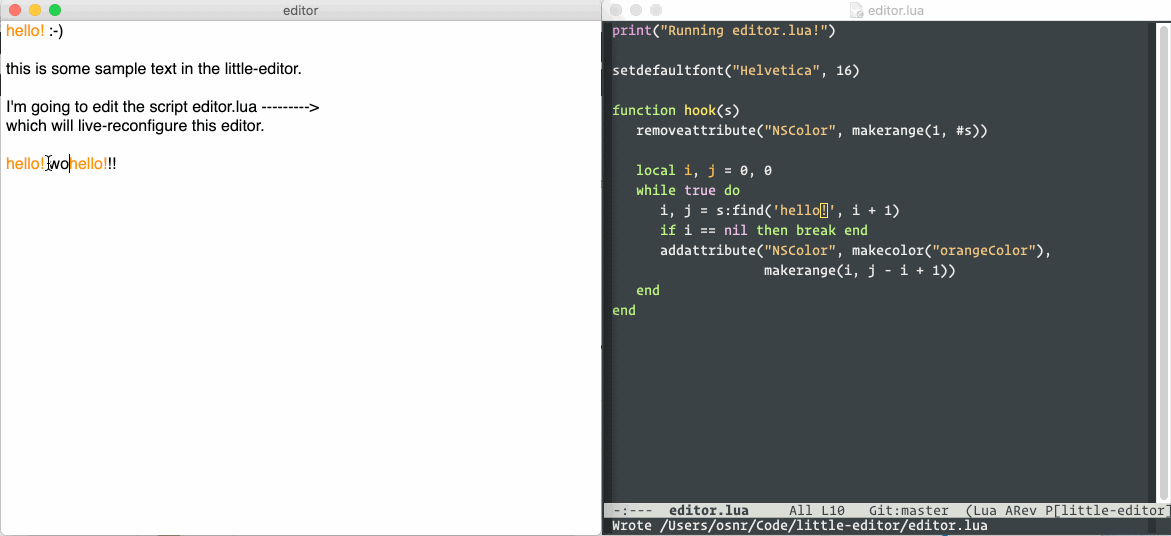
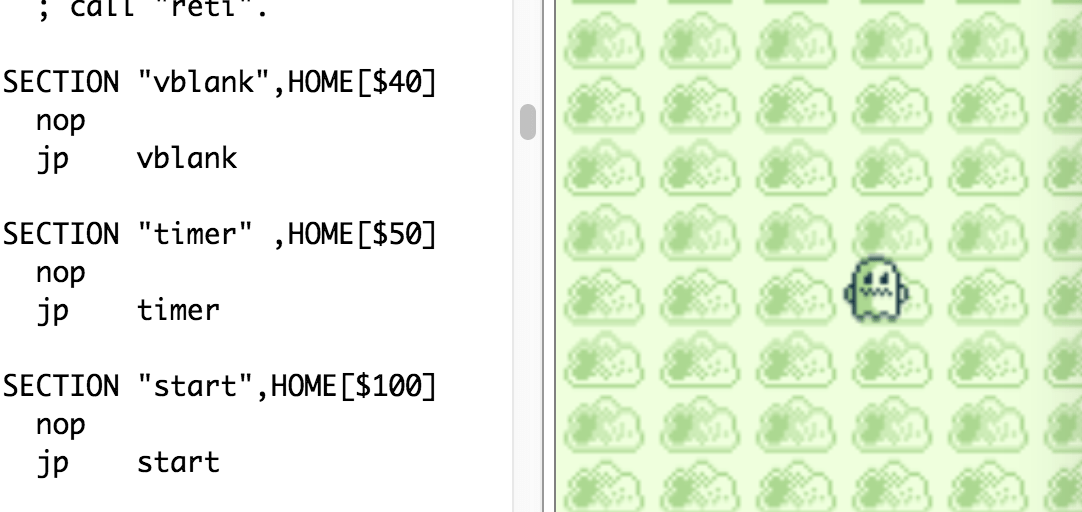
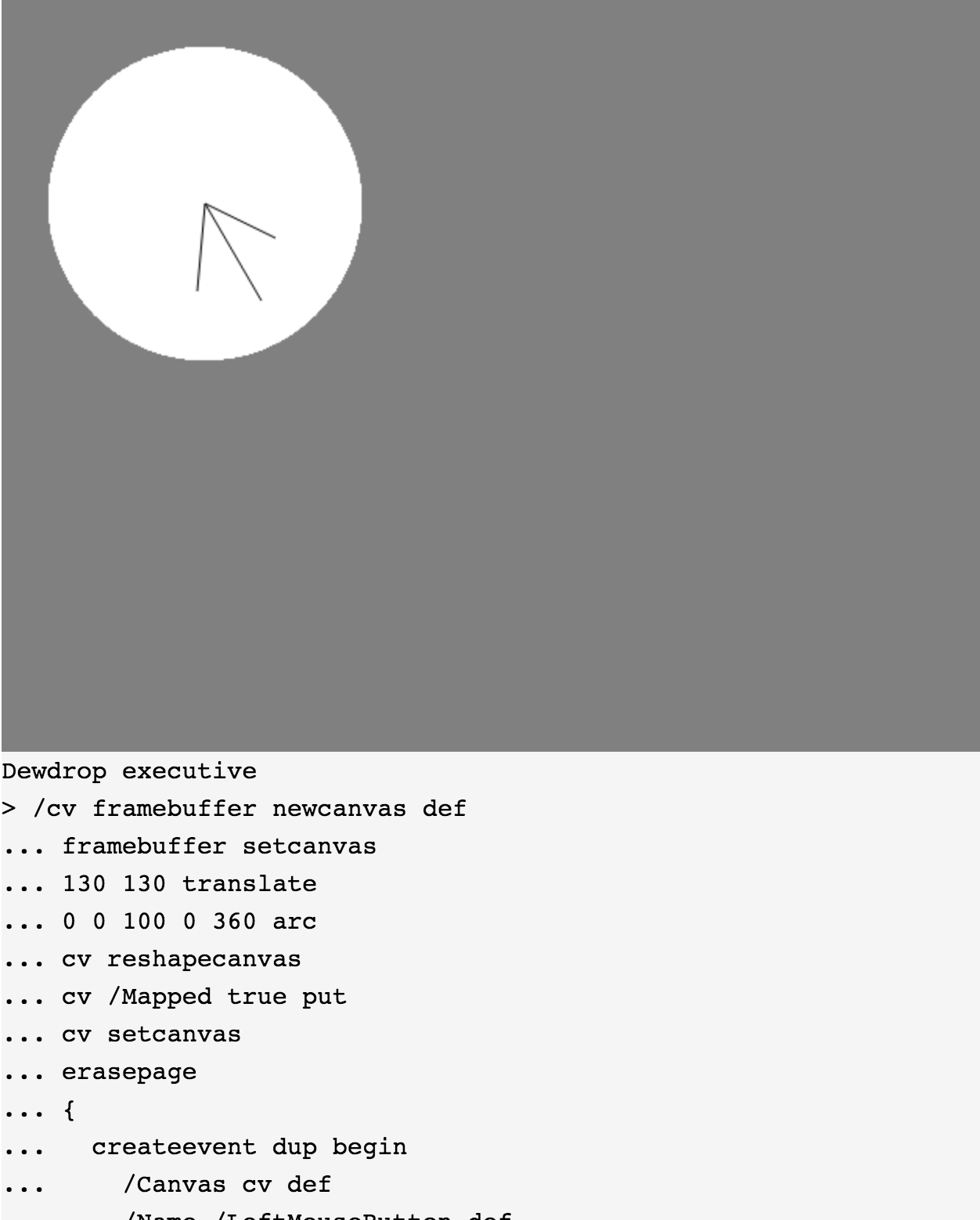
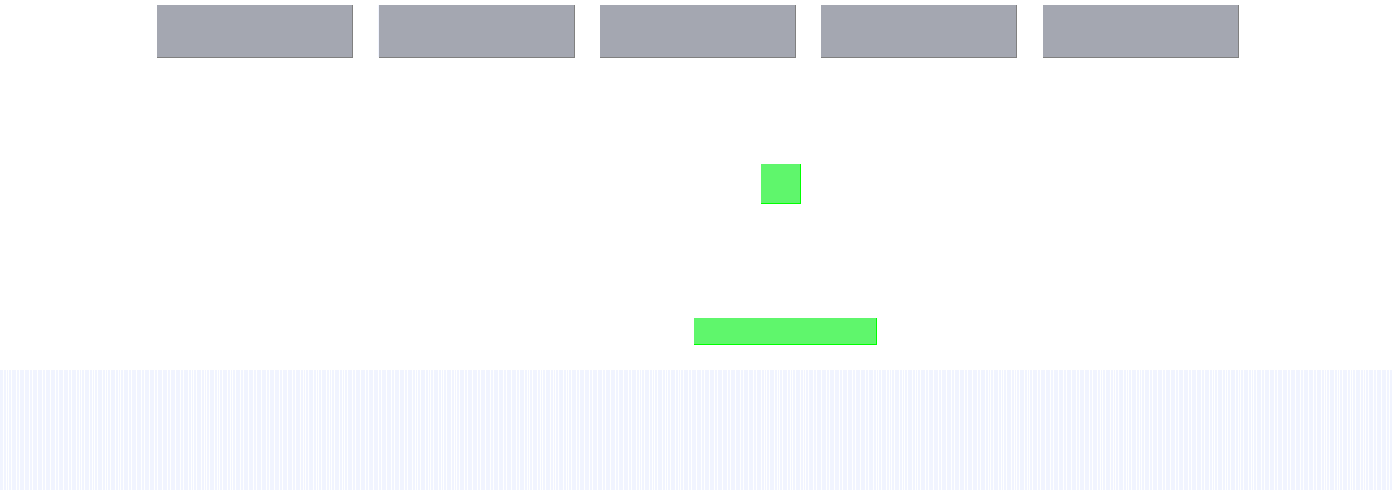
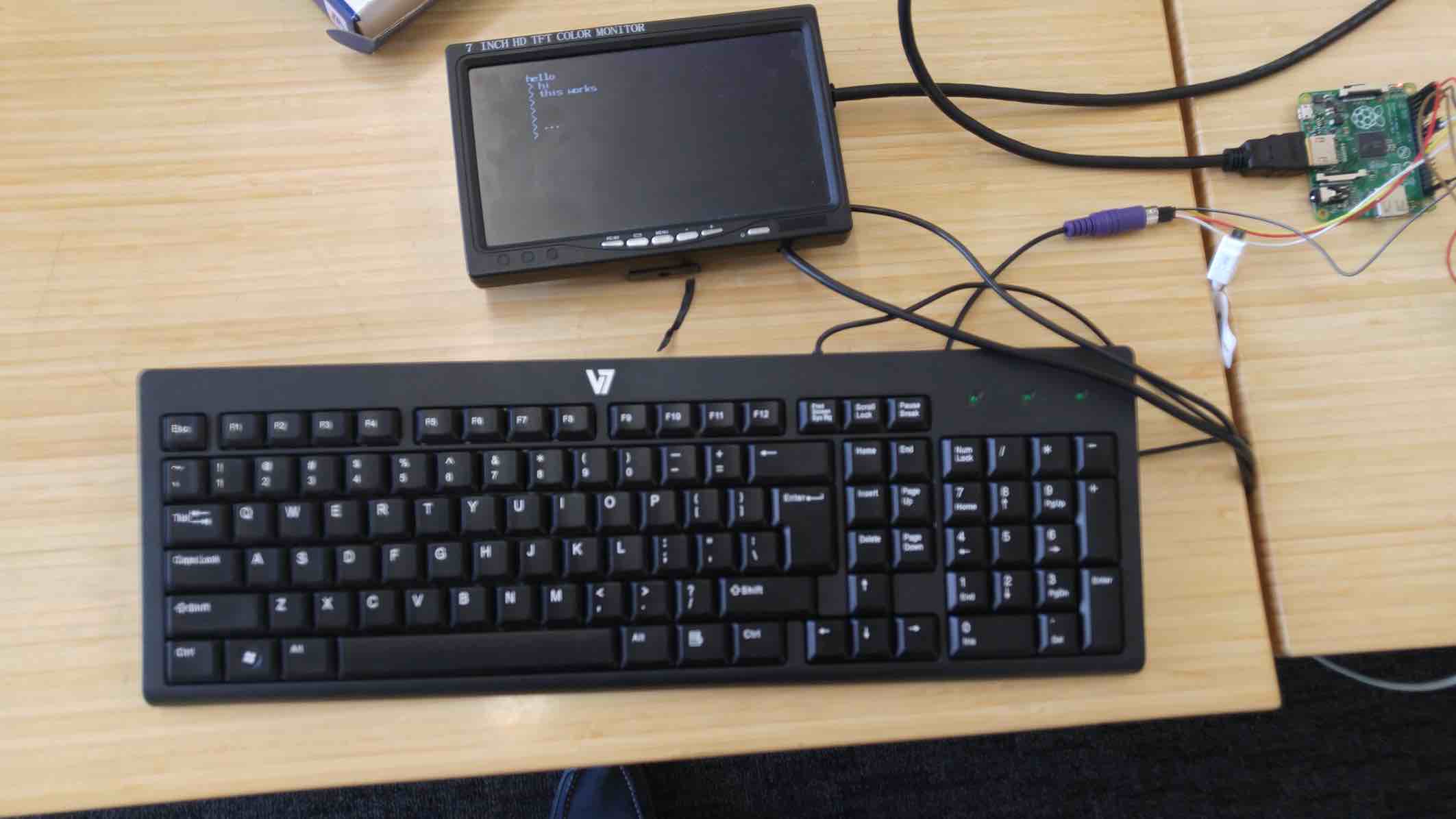
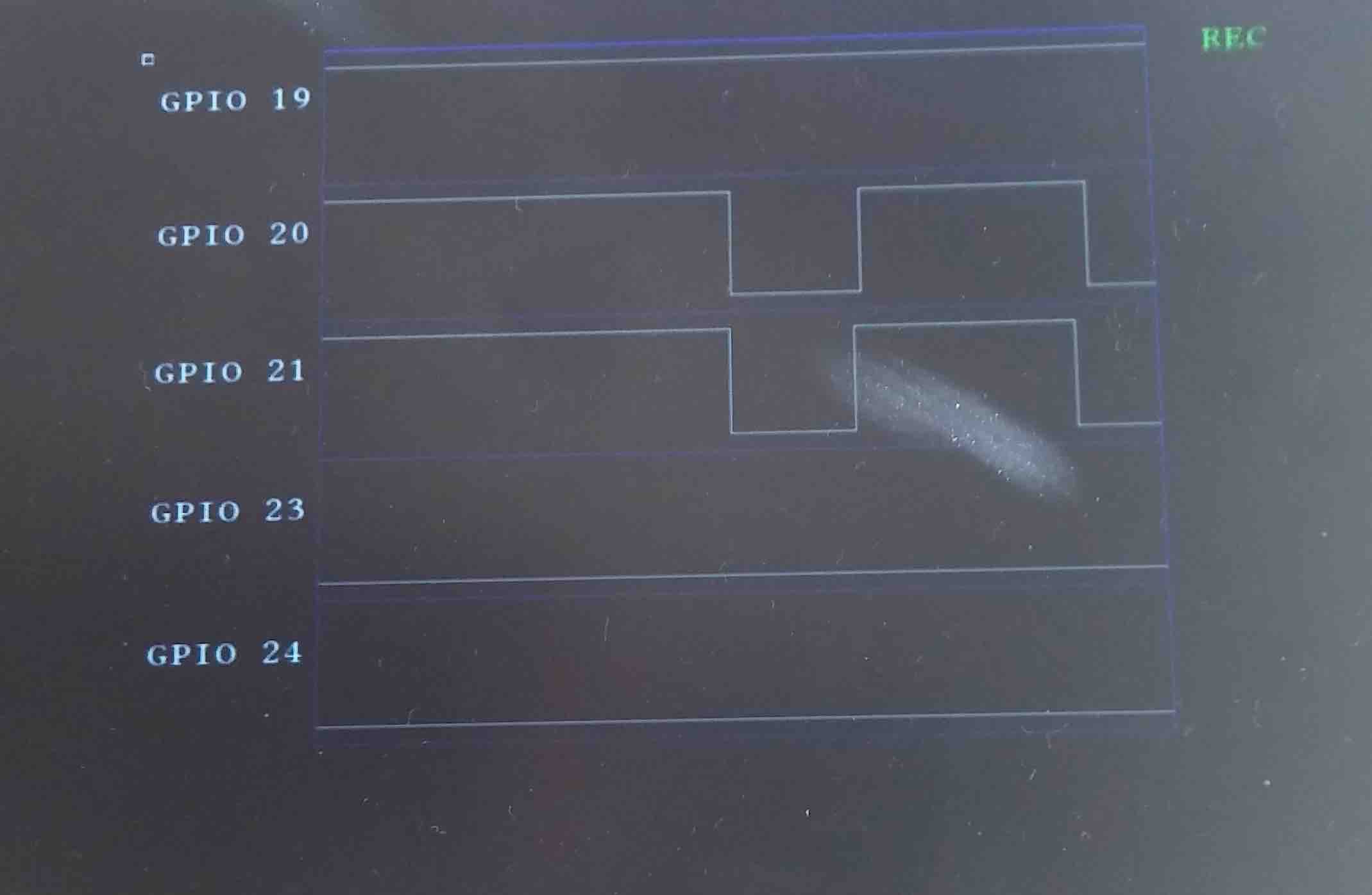





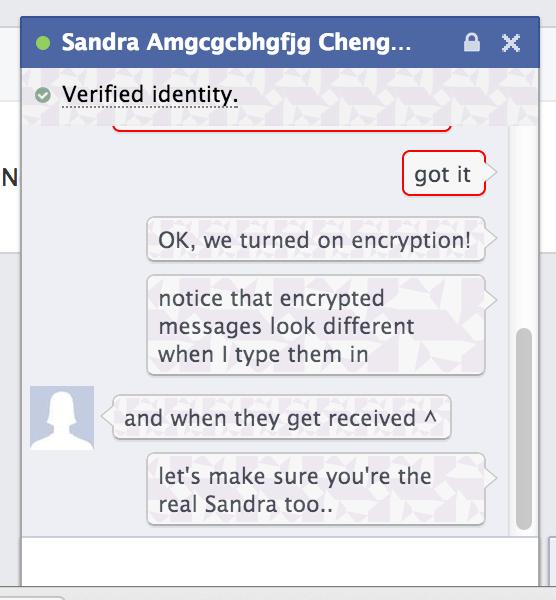

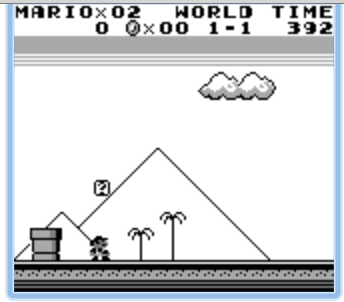

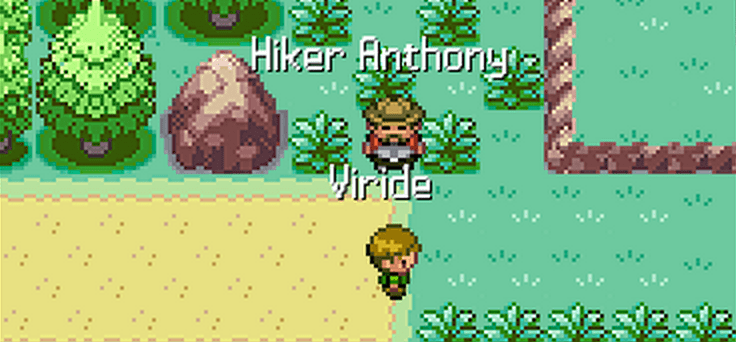
etc
